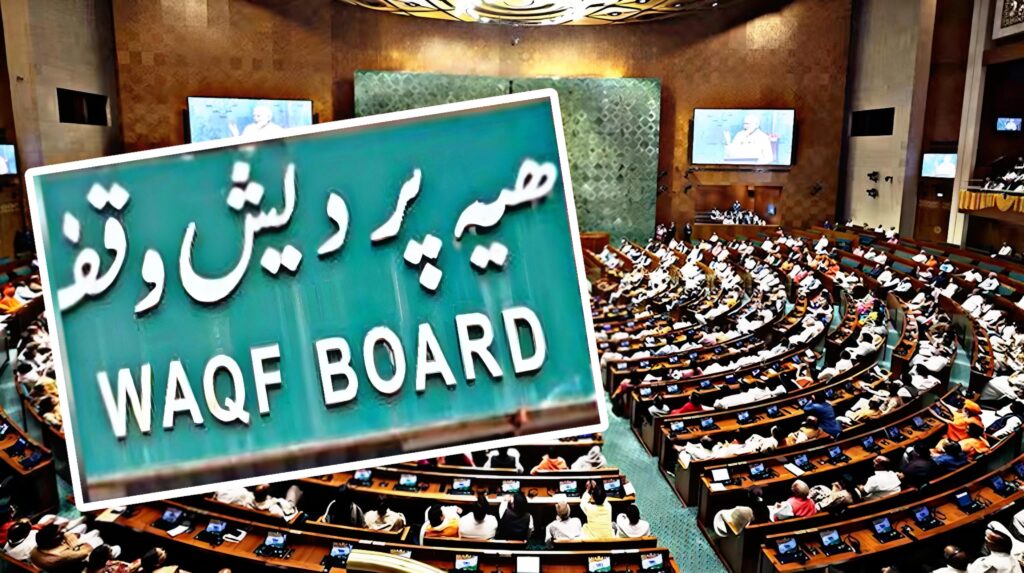Waqf Amendment Bill 2024
Introduction
The Waqf Amendment Bill has stirred significant controversy as it was discussed in the first meeting of the Joint Parliamentary Committee (JPC) on Thursday. Several officials from the Ministry of Minority Affairs and the Ministry of Law presented crucial information regarding the proposed amendments to the bill. Islamic organizations have raised alarm bells, branding the bill as a serious threat to Muslims. Prominent leaders have vowed to staunchly oppose the legislation.
Opposition from Muslim Organizations
Arshad Madani, President of the Jamiat Ulema-e-Hind, and Maulana Khalid Saifullah Rahmani, President of the All India Muslim Personal Law Board (AIMPLB), expressed deep concerns, stating that the government is acting against the interests of Islam and Muslims. They emphasized that this issue transcends just the Waqf matter, focusing instead on the rights of minorities.
Concerns About Division
Madani remarked that strange conditions have prevailed in the country since independence, with ongoing attacks on Islam. He criticized the BJP for its attempts to fuel discord between Hindus and Muslims during elections, stating that such attempts backfired, leading to the party’s defeat. He warned that generating hatred for electoral gains poses a grave danger to the nation.
Waqf Bill: More Than Just Legislation
Madani vehemently opposed the bill, arguing that it presents a perilous situation for Muslims. He recalled Congress’s past promise to ensure freedom for every religion, stating that they upheld this commitment. The matter at hand is not only about the Waqf but fundamentally about the rights of minorities. He claimed that the government is unwilling to safeguard the religious practices of Muslims, vowing to resist the bill with full strength.
Discussion in JPC
Meanwhile, the JPC’s initial meeting on the Waqf Amendment Bill focused on the draft’s numerous proposed changes. The 31-member committee led by BJP MP Jagdambika Pal has been entrusted with scrutinizing this contentious piece of legislation. Several opposition parties and Muslim organizations have expressed their dissent against the bill, heightening the political atmosphere surrounding it.
What Lies Ahead
According to the Lok Sabha Secretariat, representatives from the Minority Affairs Ministry are expected to provide insights regarding the amendments proposed in the bill. Pal addressed the committee, indicating that detailed discussions on the bill would take place, ensuring that all concerns are duly considered. He stated, “We will discuss all 44 amendments and aim to present a robust and comprehensive bill by the next session.” Furthermore, the JPC plans to invite various Muslim organizations representing different sects to gather their perspectives, emphasizing inclusivity in the legislative process.
